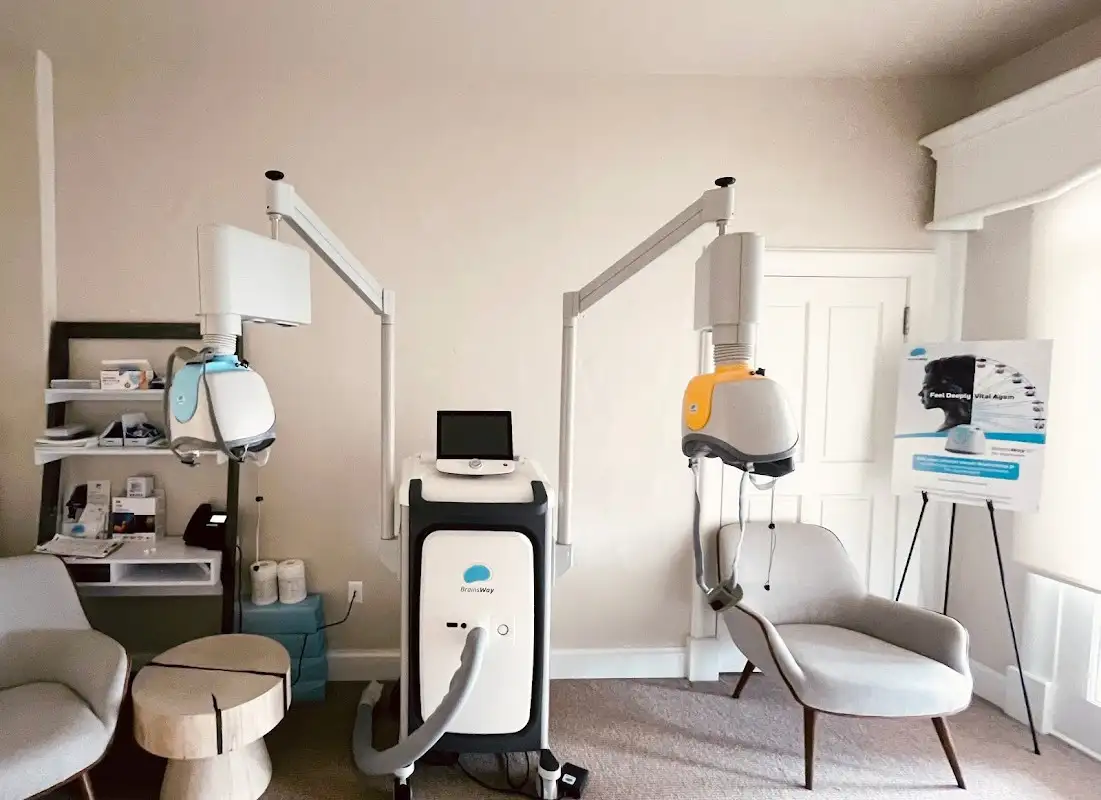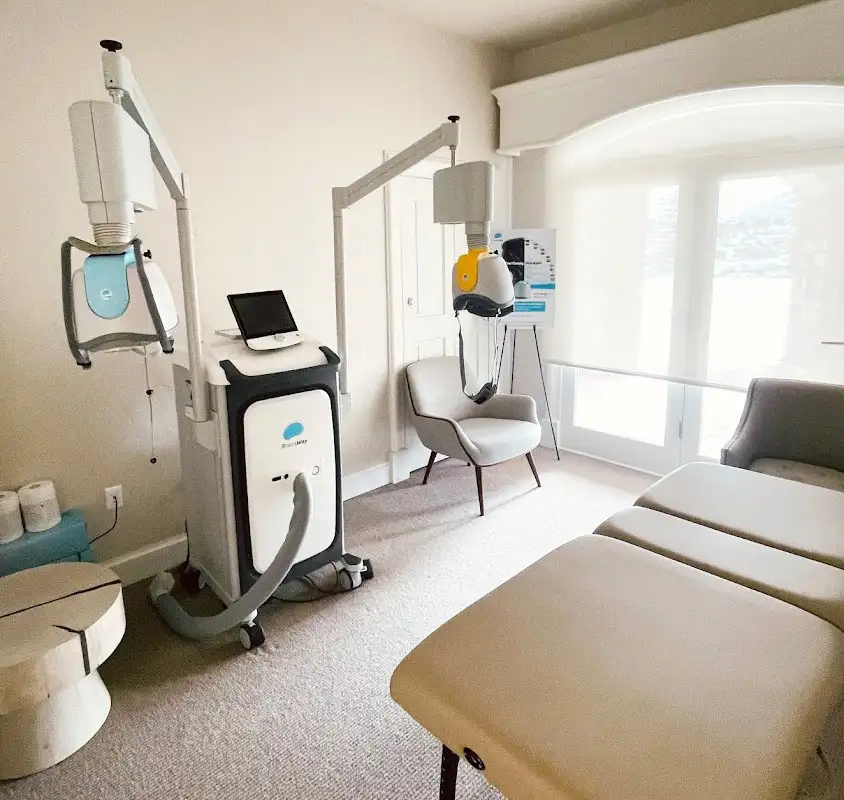





Founded
Occupancy
Accreditation
Who We Treat
Specializations
Levels of Care
About Plus by APN Denver
Accepted Insurances
Treatment
Levels of Care
Outpatient
During outpatient rehab, patients attend a structured treatment program while continuing to live at home.
Intensive Outpatient Program
In an IOP, patients live at home or a sober living, but attend treatment typically 9-15 hours a week. Most programs include talk therapy, support groups, and other methods.
Methods
Evidence-Based
A combination of scientifically rooted therapies and treatments make up evidence-based care, defined by their measured and proven results.
Holistic
A non-medicinal, wellness-focused approach that aims to align the mind, body, and spirit for deep and lasting healing.
Individual Treatment
Individual care meets the needs of each patient, using personalized treatment to provide them the most relevant care and greatest chance of success.
1-on-1 Counseling
Patient and therapist meet 1-on-1 to work through difficult emotions and behavioral challenges in a personal, private setting.
Trauma-Specific Therapy
This form of talk therapy addresses any childhood trauma at the root of a patient's current diagnosis.
Neurofeedback
During therapy, patients observe their own brain waves as interpreted by an EEG. This empowers them to understand and regulate emotional responses.
Group Therapy
Two or more people meet with a therapist together. Patients get valuable peer support, strengthen interpersonal skills, and improve self-awareness.
Transcranial Magnetic Stimulation
Localized magnetic pulses stimulate areas of the brain to increase brain activity and reduce abnormal functions.
Wellness
Wellness philosophies focus on the physical, mental, and spiritual wellness of each patient, helping them restore purpose with natural remedies.
Conditions We Treat
Anxiety
Anxiety disorders involve excessive worry and physical symptoms such as tension and elevated blood pressure, often interfering with daily life.
Co-Occurring Disorders
When someone has both a mental health disorder and substance abuse issue, it is known as a dual diagnosis or co-occurring disorder.
Post Traumatic Stress Disorder
PTSD arises from traumatic events, causing symptoms like flashbacks, anxiety, and intrusive thoughts that can persist long after the event.
Trauma
Traumatic experiences can result in long-lasting mental health challenges, often referred to collectively as trauma, requiring specialized care.
Obsessive Compulsive Disorder
OCD involves persistent, unwanted thoughts and repetitive behaviors, disrupting daily life and requiring targeted treatment to manage.
Smoking Cessation
Quitting smoking involves stopping the use of nicotine and tobacco products, which significantly benefits overall health and well-being.
Stress
While stress can help you adapt to challenges, chronic stress can lead to serious physical and mental health problems that require intervention.
Depression
Depression ranges from mild to severe, causing feelings of fatigue, numbness, and disinterest in daily activities, impacting overall well-being.
Staff

Dr. Philip Hemphill
Chief Clinical Officer, PhD, LCSW

